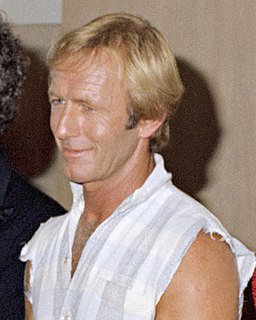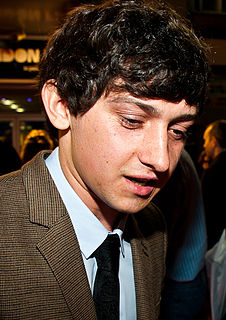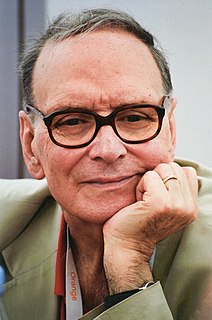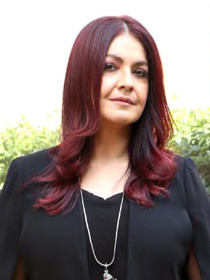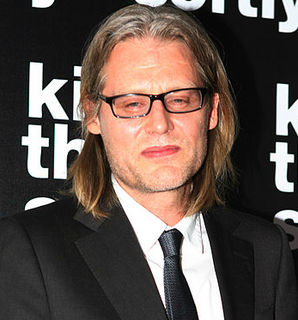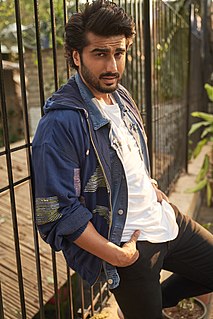A Quote by Gemma Arterton
I've done about four deaths in films now, and I think it's quite good because then it's sort of a memorable moment in the film.
Related Quotes
I've done four other films since 'Submarine,' so that's quite cool. It's just good to have people respect your work; I've never had that before. Yeah, my life has changed crazy. I'm a kid from a small town in south Wales, I play my Xbox usually and all that sort of stuff, and it's a whole new world.
I have a lot of films that I haven't gotten made, and that continues to trouble me. But someday, some way or another, I think I will. It's all about timing. There's a moment when you're hot and studios will make your next film, and then there's a moment when you're really cold, and they couldn't care less what you want to do next. That's when you have to recede and make lower-budgeted films.
I think sometimes there are films where I understand what they are about, but there are also some mysterious areas in the film where I haven't got the whole image and I haven't got everything. And then it stays much longer with me, because I have to somehow put myself much more into the film to get it. And so this is what I'm trying to do with my films.
I have seen this whole process of films releasing, becoming hits or flops, for too long now to expect things to do well. If I expect a film to do well, then it is for somebody else's sake, not for my own. I do my work, and if you feel that my work is improving from film to film, then I have done my part of the job.
I think that right now we're in a very hard moment and off-putting. I mean, look at shoes today - women's shoes. They couldn't possibly get any higher and meaner and sharper. But then again, you go and watch most films today, they're violent and we're living in a world that is, at the moment, quite hard.
I guess people feel that if you're working with good directors and are known in the Hindi film industry, then you won't work in South films. However, I believe that films have no boundaries of language, religion, or cast. If it's a good script and a good director, I can do a film in Spanish as well.
In an old model, the way a film would imprint itself on the public's consciousness is to get a theatrical run. But now there are more documentaries and more films in general being released than ever before. There are weeks when the New York Times is reviewing 15 films, so it's harder to leave an impression on the public. A lot of these films are seeing their financial future on digital platforms. Because viewers aren't hearing as much about films in theatrical release, I think the festival circuit is going to have increasing importance for the life of a film.
What I tend to do is to wake about five in the morning-this happens quite often-think about the invention, and then image it in my mind in 3D, as a kind of construct. Then I do experiments with the image...sort of rotate it, and say, 'Well what'll happen if one does this?' And by the time I get up for breakfast I can usually go to the bench and make a string and sealing wax model that works straight off, because I've done most of the experiments already.
I think, because of my background, which is slightly more exotic than the average British actor, I think, I sort of occupied this little niche quite early on of playing the foreign guy. It started way back at drama school, I played an Eastern European heavy, I played the Russian mobster. And I have done all those different ethnic roles, and I think it's partly because of my look, I think I've got an adaptable sort of nondescript ethnicity, which you can't quite pin down, but it's enough to kind of get a flavor of something.

